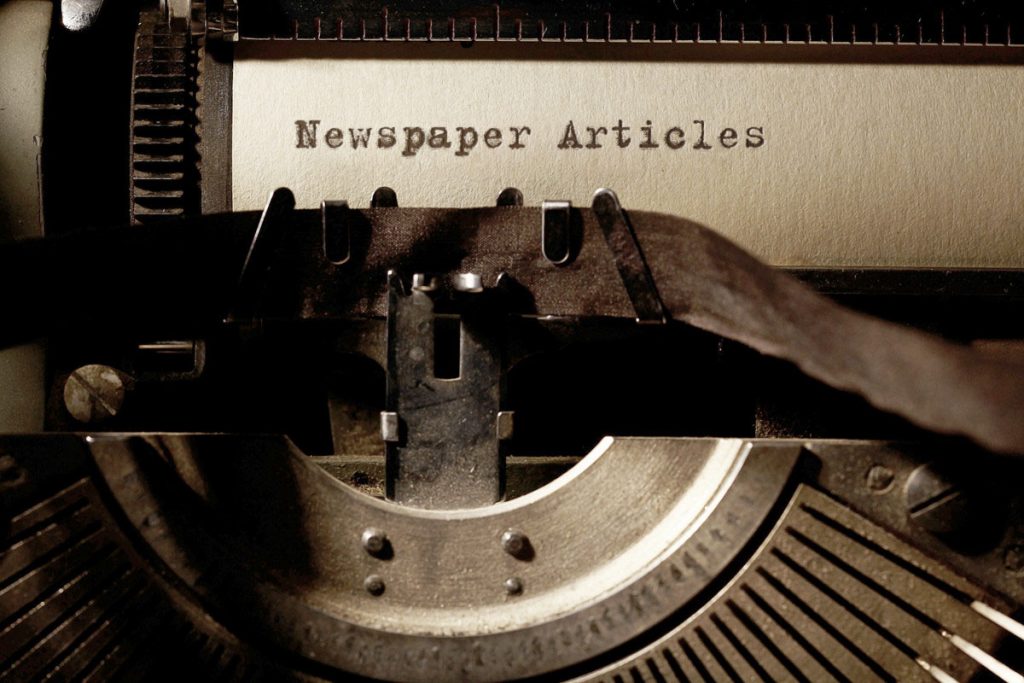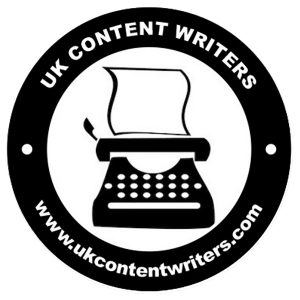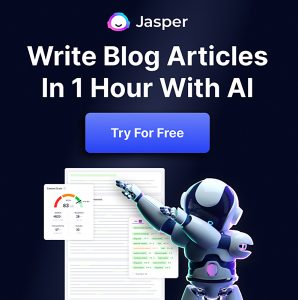
Newspaper Articles & Columns
A newspaper is a printed periodical publication unlike the online version counterpart (newsletter). A newspaper contains written content about current affairs and news-worthy events and is often typed in black ink with a white or gray background.
Newspapers can cover a wide variety of topics that may include daily news, local, national and global. Newspapers also may discuss politics, business, sport, technology, entertainment, and art, often including materials such as beauty columns, health and well-being, weather forecasts, reviews of local services, obituaries, birth notices, crosswords, editorial cartoons, comic strips, and advice columns.
Most national papers are part of mainstream media and are held by gatekeepers. Not everyone can be a writer for these papers as it is very competitive.
If you have a unique story you can reach out to the news desk but from experience, it is very chaotic so shooting an email following up by a call is a better option.
Being a writer for these tabloids you have to produce exceptional work, you need to tick all the right boxes for the Chief Editor to give you a chance. There is also an editorial code of conduct and everything has to be fact-checked. You won’t get a press pass simply by asking for a job.
Newspapers were first discovered in the 17th century, as information sheets for merchants. In the early 19th century, many cities in Europe, as well as North and South America, adopted the idea and started to publish newspapers.
Newspapers have traditionally been published in print form, usually on cheap, low-grade paper called newsprint. In this day and age, we have transitioned to electronic media and today most newspapers are published on websites as online newspapers. Some have even abandoned their print versions entirely.
At the end of the day, most tabloid newspapers are starting to implement paywalls where you read a snippet of the news forcing you to subscribe to continue reading. They need the revenue to pay the journalists and staff writers. They are essentially a business and rely on sales and advertising.
Tabloid mainstream media newspapers have high editorial independence that command high-quality journalism and have a large circulation and are viewed as newspapers of record.
There is now a decline in sales for paper copies of newspapers because most newspapers have become digital.
Tabloid and broadsheet newspapers
The type of newspaper that publishes the article influences how it is written:
- Tabloids have shorter sentences and paragraphs and use more basic vocabulary – reports are sensationalized using emotive language and they may focus more on celebrities and gossip, eg The Sun and The Daily Mirror.
- Broadsheet the sentences will be longer and more complicated, and the vocabulary will be more advanced. The tone is more formal and serious as they focus on important national and international issues, eg The Times and The Telegraph.
- Newspapers also have particular political points of view, which might affect how they report events in the news.
There are several different types of newspaper articles:
- News Headlines – usually found on the front cover of newspapers. They inform readers about current events happening, locally, nationally, and internationally. They will be full of facts, like names, dates, and places, as well as points of view. Headlines tend to have a more formal, neutral tone.
- Feature articles – are more in-depth add-ons to news stories. A feature article tends to be more opinionated and less formal than a Headline, often taking a personal point of view.
- Editorials, columns, and opinion pieces – are more casual forms of writing, they may specialize in particular fields, such as health, beauty, fashion, technology, entertainment, art, sport, etc. These pieces are usually written by popular ‘personality’ writers, often celebrities in other specialist fields. They will have their own uniqueness and will use their own personal opinions to capture their reader’s attention. Columnists develop a style of their own, for example, polemical or sarcastic. They create this style through vocabulary choices and rhetorical devices. They might use informal language to convey their idiolect. This individual style appeals to their audience.
We do have our own publications and offer free advertising and backlinks in exchange for content.
Some of the work ‘UK Content Writers’ have published are as follows:
If you are a journalist and want your name included in our directory please take a moment to register.


